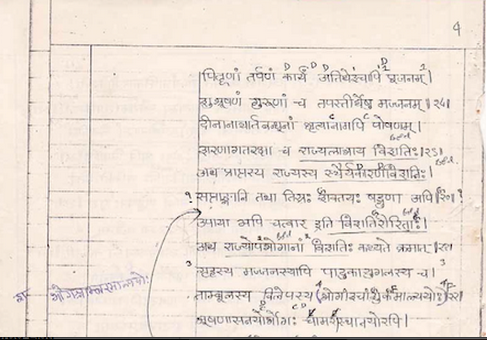This week, our editors take us to Sweden and France for updates on major literary initiatives and exciting literary festivals. From the fight against climate change to the fun of origami workshops, read on to find out more!
Eva Wissting, Editor-at-Large, reporting from Sweden
Last week, a climate initiative from the Swedish book industry—Bokbranschens klimatinitiativ—announced its new guidelines. The project started in 2021, with the goal of reducing the industry’s climate impact by 50% by 2030, and achieving net zero emissions by 2045. The initiative spans the entire supply chain from publishers to bookstores to streaming services, involving several of Sweden’s largest publishing companies and booksellers, as well as their industry associations.
Research from 2022 shows that most of the book industry’s emissions are caused by the production of physical books, along with their transportation; when it comes to streaming services, most of their emissions stem from the use of services, rather than during production. The guidelines presented last week include recommendations for renewable fuels such as green electricity for the transportation of books, but also optimized packing with minimal amount of air and recycled packaging material. The initiative also stated that it is essential for publishers to avoid overproducing physical books that never reach customers.
Apart from choosing sustainable paper for the printing of books, another important factor to consider is the weight of books: the lower the weight, the lower the carbon footprint. Even a small change of a few grams can make a difference, as it affects everything from raw materials to transportation, as well as the management of waste at the end of a book’s life cycle. READ MORE…



